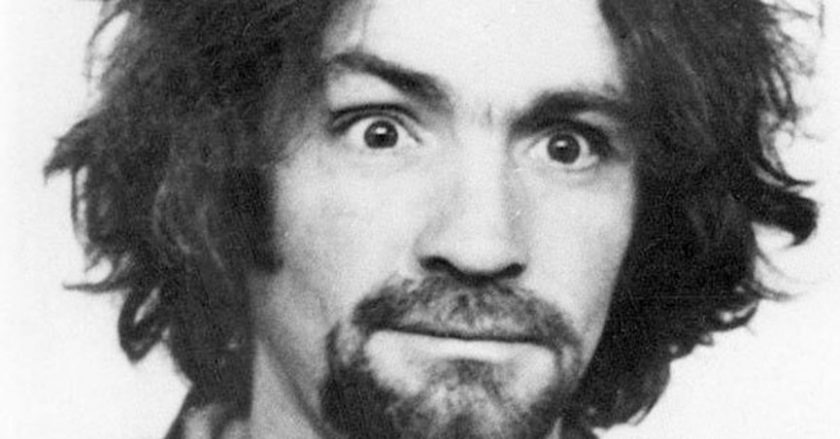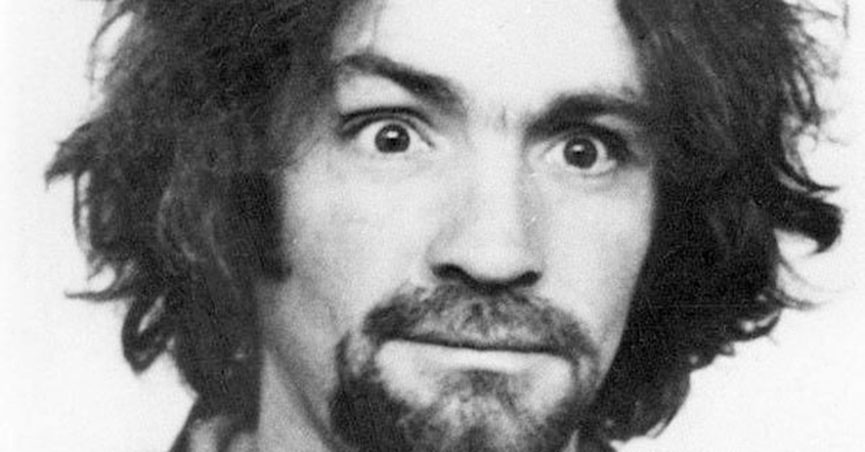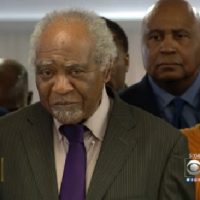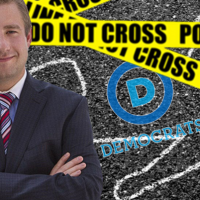Charles Manson died early Monday after a prolonged illness, but few people were willing to eulogize the convicted killer and cult leader as anything other than a maniacal murderer who, along with his bizarre “Family,” carried out at least nine brutal slayings in April of 1969.
But this is a woke age, and so, of course, an author at the Los Angeles Times felt it necessary to pen an obituary for the dead Manson that focused less on the fact that he led a group of men and women who stabbed and then disemboweled a handful of local residents, and more on the fact that “Charlie” Manson had a “human side.”
To wit, per the Times’ David Ulin.
Manson, though, was no devil but a human being, as his death makes clear. I don’t say that to soften or absolve him. But I don’t believe in demons; people are frightening enough. Indeed, to accept Manson as a person, to see him through the filter of his humanity, is to acknowledge what we resist: that he was perhaps not so utterly different from the rest of us.
Well, for starters, the fact that he led a murderous cult does, in fact, make him significantly different from the rest of us. I can’t speak for everyone, but personally, the thought of operating a hippie commune with a horrific dark side out of a shack in the middle of the desert has never seemed like a viable career option. And neither has going out to recruit said cult, brainwash them into submission, stockpile weapons and food, and then murder nine people in pursuit of a race war — a plan Manson developed, he said, after listening to the Beatles’ “White Album.”
That would, in fact, be “utterly different from the rest of us.”
But Ulin goes on (of course).
For those who have faith in an afterlife, I suppose there’s some solace in imagining he will get his karmic comeuppance. But it makes more sense to me to see him as an agent of the hells we create on Earth.
Manson was a killer, yes, and he was a psychopath, but he was never otherworldly. The violence and the hatred he embodied may be his most human attribute.
That’s an . . . interesting . . . take. It’s almost as if Ulin is using the death of a mass murderer in order to somehow make a statement about man’s capability to do evil, yet at the same time is denying that evil exists at all, and that Manson was simply a slave to his baser urges — something all of us are capable of, because there’s nothing more evil than just being human.
Sure, we all make mistakes, David. Some of us indulged in a sort of Country Time Lemonade and vodka mixture occasionally before we were of legal age to imbibe. A few of us have broken the speed limit. Lots of us have probably tried to watch “Game of Thrones” without paying for HBO.
But it’s a far cry from taking humanity’s fallen nature and extrapolating that out to indicate that literally everyone on the planet has the capacity to become Charles — excuse me, Charlie — Manson.
Because there are at least several people left who weren’t yet insulted by his essay, Ulin rounds out his work by saying that the late 1960s was such a simpler time, and Manson’s crimes — in particular his number of victims — were “quaint” compared to the mass killings of modern America.
In a nation now grappling with mass killings one after another, the actual number of Manson’s victims seems almost minimal, even quaint. But it’s worth remembering the terror stirred by the murders, the chaos they implied.
The murders stirred terror because they were terrible — and few people, perhaps aside from those who work at the LA Times, really need to be reminded of precisely why Manson was given several consecutive life sentences even though he, himself, was an active participant in only a couple of his “Family’s” crimes.
They don’t actually seem minimal, or even quaint, when you read the details and, in fact, it’s those killings that make people believe Manson was more than just a poor, misunderstood failed rock star — that he was inspired by and embodied evil. The killings also don’t diminish what murders came after. But Manson’s murders were hardly the kind we hear about daily on the news.
Obviously, in this more tolerant and inclusive age, some of us feel a knee-jerk reaction to find something “relatable” in everyone who passes away or makes headlines. But maybe there are some situations — like the death of Charles Manson — that just don’t demand a progressive understanding — because evil doesn’t need, or want, to be understood.
(First reported by the Daily Wire) http://www.dailywire.com/news/23810/la-times-wants-explore-human-side-dead-murderer-emily-zanotti (November 20, 2017)
Want more BFT? Leave us a voicemail on our page or follow us on Twitter @BFT_Podcast and Facebook @BluntForceTruthPodcast. We want to hear from you! There’s no better place to get the #BluntForceTruth.








